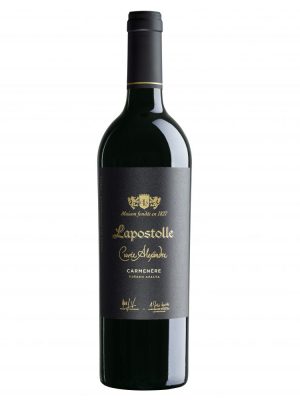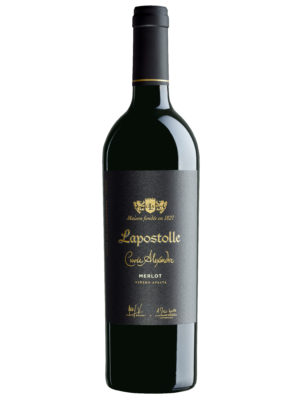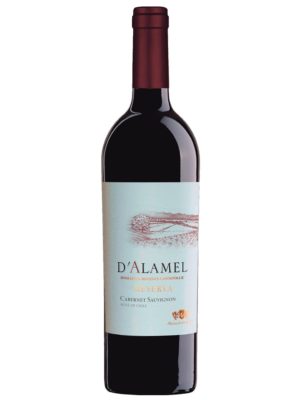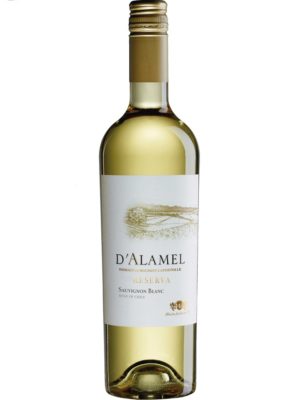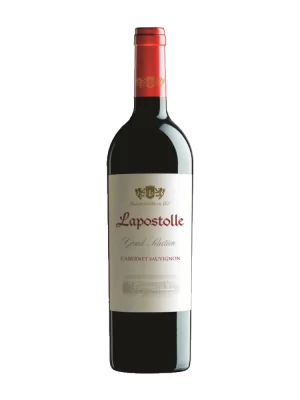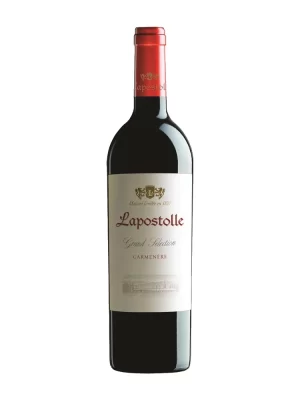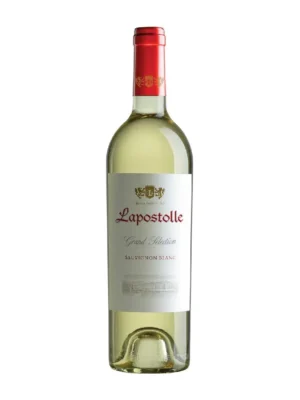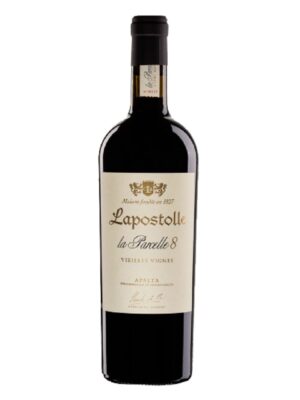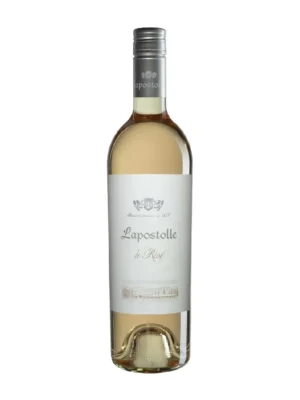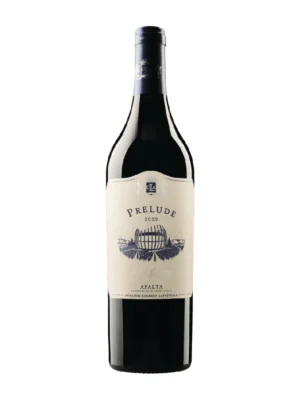In 2014, Clos Apalta gave birth to its second wine, Le Petit Clos de Clos Apalta, in order to offer a different interpretation of this unique terroir, using the same grapes, but in different proportion, and offering young vines a chance to prove their worth before thay can make it into the Grand Vin.
The 2020 vintage was a challenging one due to climatic disruptions and the COVID-19 pandemic. However, the dry conditions resulted in excellent sanitary conditions for the fruit. The harvest began 10 days earlier than usual and was carried out with sector-by-sector, block-by-block harvesting due to uneven maturity. Quality control and selective harvesting led to reasonable yields of excellent quality. This season has delivered elevated levels of most compounds of the grape must: sugars, tannins, and an unexpectedly impressive acidity. The COVID-19 pandemic added to the challenge. Despite the hurdle, the team’s unfaltering commitment resulted in a successful harvest.
“Le Petit Clos is a different interpretation of the Clos Apalta Terroir, using the mastery of blending that is the heart of the winemaking philosophy from the Domaines Bournet ”. – Jacques Begarie, Chief Winemaker.
Made with Organic Grapes and Biodynamic vineyard management.


For more info, visit Clos Apalta website.
VARIETALS
40% Carmenère, 38% Cabernet Sauvignon, 19% Merlot, 3% Petit Verdot
VINTAGE
2020
 Download Tasting Note
Download Tasting Note


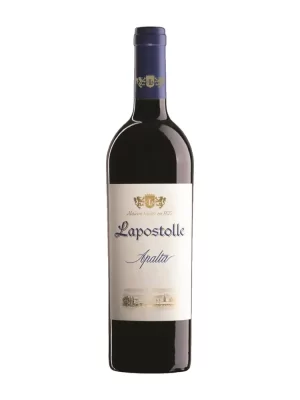

 Download Tasting Note
Download Tasting Note


